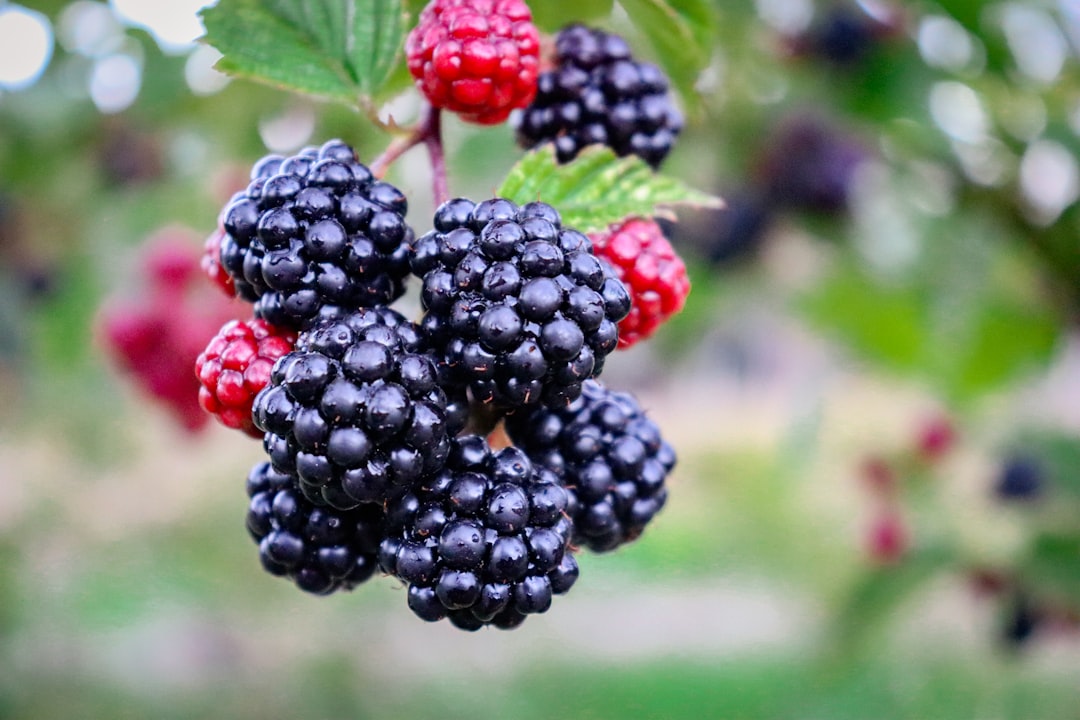
Even after more than 40 years here in central West Virginia, I still occasionally come across a country term or phrase I have never heard before. I remember the first time I heard someone described as, “older than dirt,” and “up the holler,” but for the most part, by now I understand the colloquialisms and vernacular included in rural life.
But last year, my native BFF used a term I had never heard before — blackberry winter. Generally speaking, a blackberry winter refers to a late-season cold snap, when the blackberries are in bloom. I never really thought about blackberries, and never really encountered them here on the farm, but I have been aware of those late-season cold snaps that threaten the blossoms on my pear and apple trees and remind us that winter has not finished with us yet.
It’s such a fitting term, a seasonal trait tied to a perennial plant, a phrase created when rural homesteaders made regular use of all the offerings provided by the land around them. My grandmother would never let anything go to waste. She once even shoveled and bagged horse clods off the road to help fertilize her garden. As a suburban child, holding the bag she shoveled into, I thought, at the time, it was the most insane thing a person could do.
But now I understand the value of horse manure.
I have not canned any vegetables or produce for over six years. My ten-year collection of canning jars is impressive when the jars are full, but I never really took into consideration what to do with them when empty. So they’re tucked away, here and there, in the pantry, the garden shed, the tool shed, under the stairs… out of the way places until needed again.
And while Frank has been working 6-7 days a week the past few years, the brush on the farm has grown up, conveniently sprouting a significant run of blackberry bushes not too far from the garden. And this year, they are bountiful, branches bent over by berries that gradually ripen, needing picking every day, even twice a day — morning and evening…
Over a period of three weeks.
Currently, I am in week two of the ongoing harvest. Twice a day, I confront the thorny bushes, getting poked, scratched, and scolded by the redwing blackbird as I pick the shiny, blackest berries. I’ve clamored over and under seeking out my jelly jars, thrilled to discover that blackberries make their own pectin, so no trip to town for Sure-Jel required.
For blackberry jam, just add equal parts sugar. (And a little lemon juice or apple juice if handy, but not required.) Bring to a rolling boil for at least three minutes (or more) and hot bath for 5 minutes, turning off the heat for another 10 minutes before removing from the water.
I learned, years ago, that a store-bought tomato and a homegrown tomato are different entities. Once you’ve had fresh, storebought tomatoes, eggs, asparagus, and green beans just no longer compare. It is the same with fresh, wild blackberries and homemade blackberry jam. Storebought is just a genetically-modified frankenfood copy.
For as many times I said, “Ouch” in the blackberry patch, I have said, “Mmmmm. That’s so good,” after licking a spoon in the kitchen. Many of my recent meals have included toast, with real butter and blackberry jam. And over vanilla ice cream? OMG. I can imagine only one way to make it better — if the ice cream was homemade.
Our dogs were confused by the popping sounds the jars made as they sealed, neither of them living here the last time I canned anything. Each pop gave me a sense of satisfaction, a guarantee that the glorious jam would be available in the future. Tiny little jelly jars of sweet rewards for the scratches and scrapes it took to fill them.
I’ll be gone for five days next week. I hate to think of the blackberries that will go to waste.

